When it comes to the United States, some people always think of it as a paradise of freedom and full of opportunities. But in recent years, Musk’s $44 billion acquisition of Twitter has shattered the American Dream for many.
Originally, people thought Musk was coming to save freedom of speech, but a series of messy issues have emerged, revealing the true face of American capitalism and labor laws. Foreign media直言, what lies behind is far worse than what is seen on the surface.
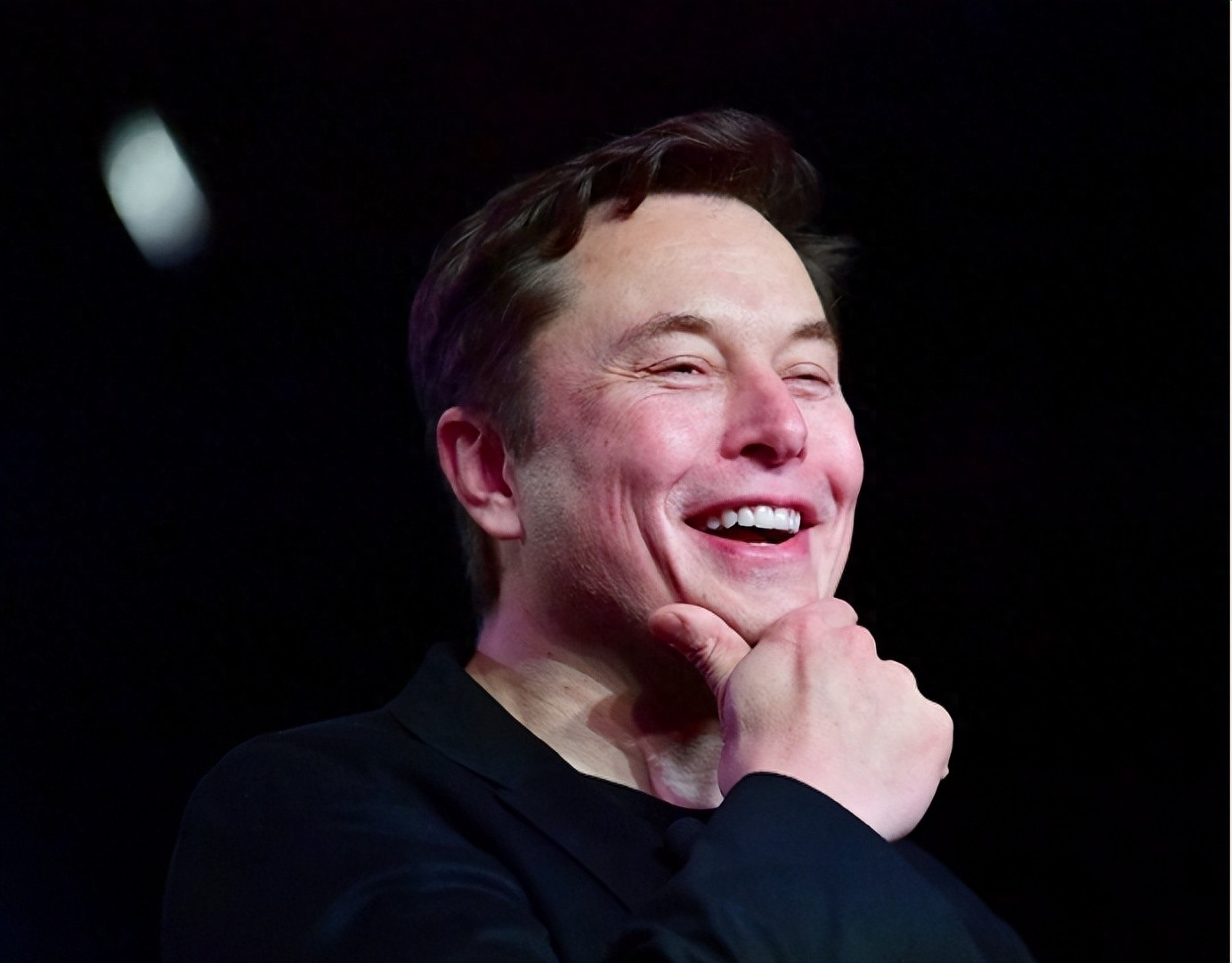
Musk’s Unparalleled Life
Elon Musk, the son of an engineer from South Africa, whose early life is itself a textbook example of an American-style legend. At the age of 12, he made his first fortune through programming, and in his youth, he boldly ventured into North America, earning dual degrees from the University of Pennsylvania, and then diving headfirst into the era wave of Silicon Valley.
From his initial breakthrough at Zip2 to his rise to fame with PayPal, and then using astronomical capital to leverage space exploration and electric vehicles, his life trajectory has been almost constantly focused on entrepreneurship, constantly identifying and solving problems. Wherever there are challenges, he charges forward, bringing capital, willpower, and an almost aggressive efficiency to break down barriers.
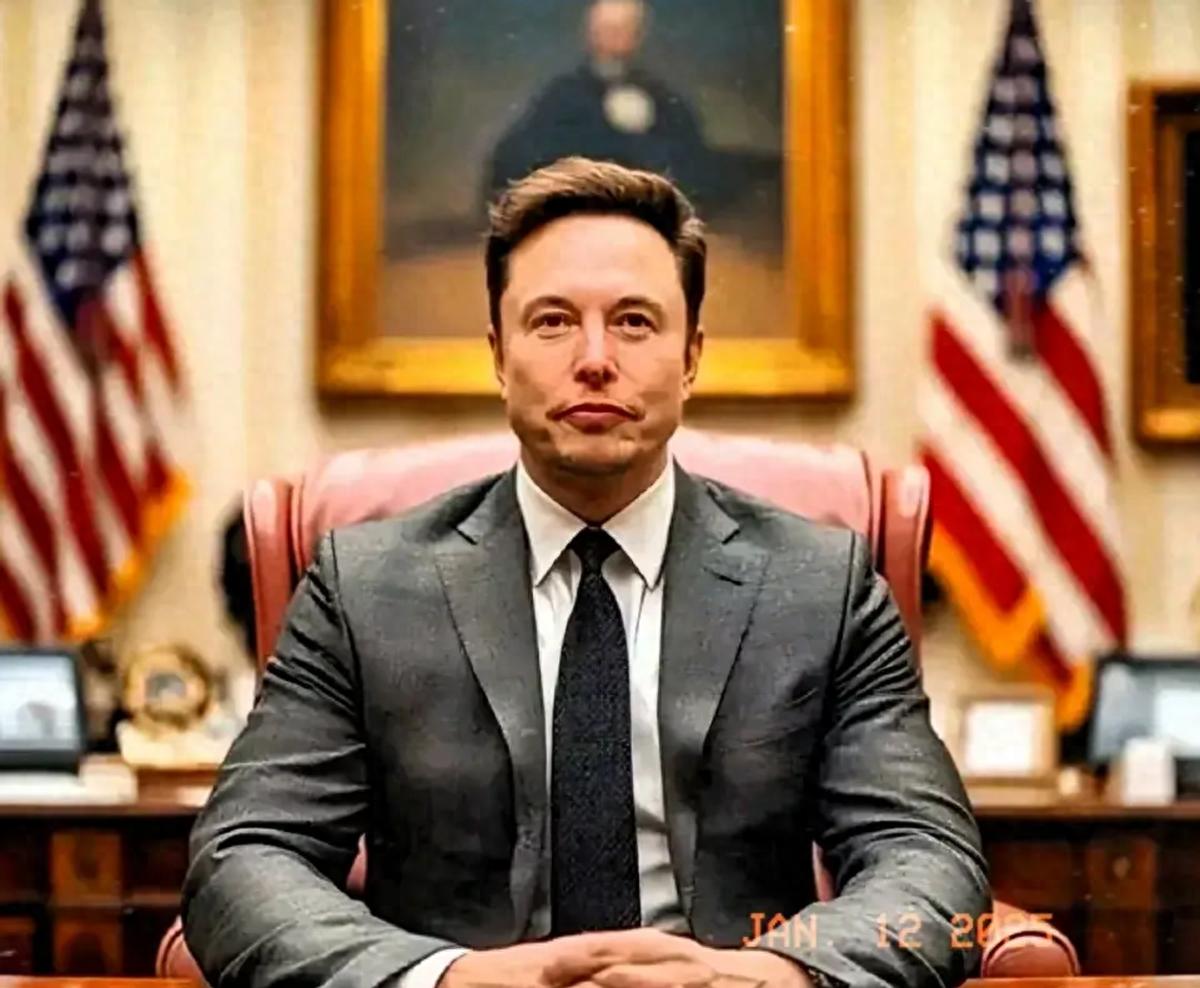
So, when he turned his attention to Twitter, onlookers had every reason to believe, he had discovered another “problem” that needed his solution. In Musk’s view, Twitter’s problems were clear: first, the platform’s speech was not “free enough,” and second, the company was bloated and inefficient, losing money year after year. Thus, he acquired Twitter for $44 billion.
After acquiring it, Musk didn’t rush to announce reforms for Twitter but instead began with drastic layoffs, all aimed at improving work efficiency. An email, a single afternoon, and thousands were dismissed, becoming unemployed. Twitter’s employee count dropped sharply from 7,500 to less than 2,000.
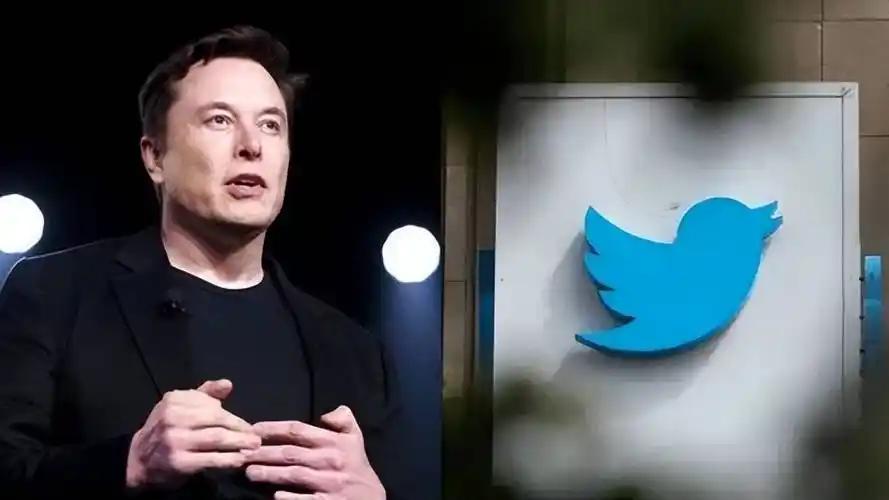
But Musk felt he was quite benevolent. He even proudly claimed to have provided three months’ basic salary as severance, which “is already 50% higher than what U.S. labor law requires.” Musk’s actions left many stunned, yet they accurately revealed the core of U.S. labor regulations: “at-will employment” principle. Unless there are special contracts, companies can dismiss employees at any time, without any reason or compensation.
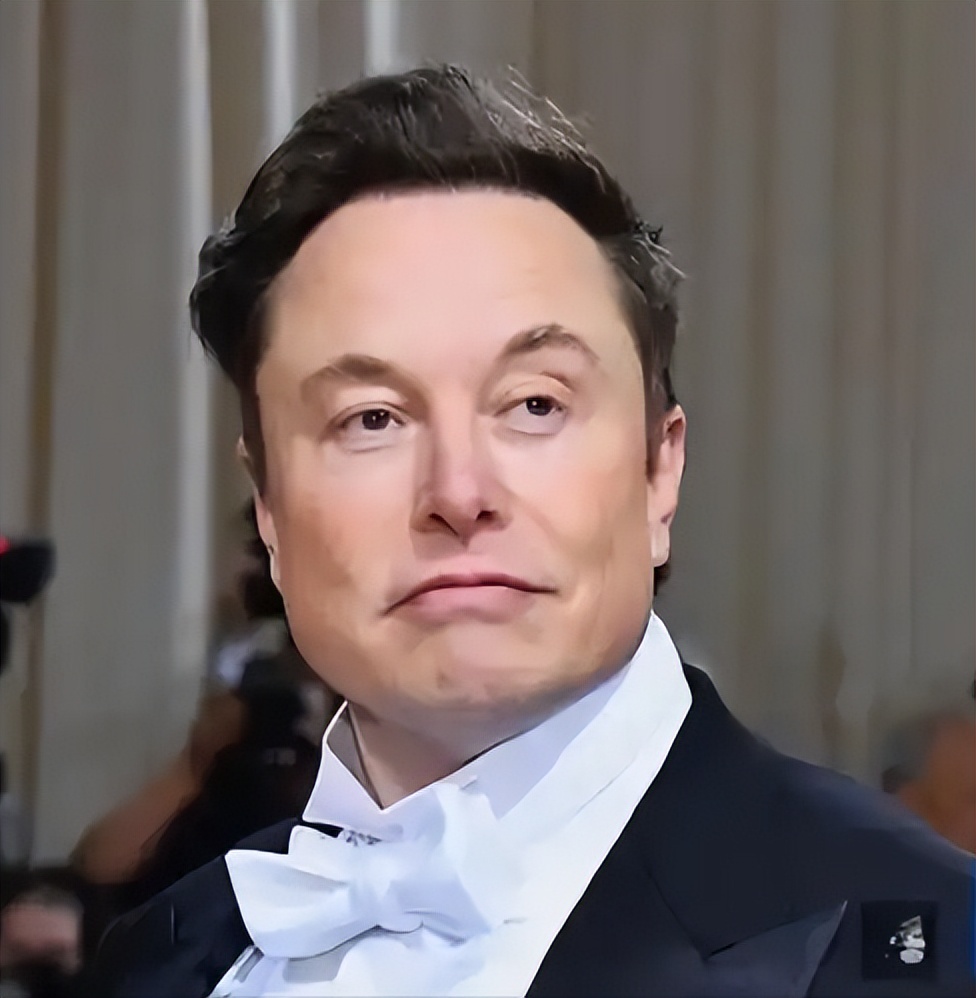
%% Moreover, the so-called “freedom” in the US is bidirectional. However, in practice, it still inevitably follows the playbook of capitalists—those with connections get more.
In the Twitter layoff storm, several top executives collectively received massive severance packages exceeding $200 million, which amounts to nearly a decade’s worth of their salaries. Meanwhile, thousands of ordinary employees could only grab their meager three-month wages and leave hastily.
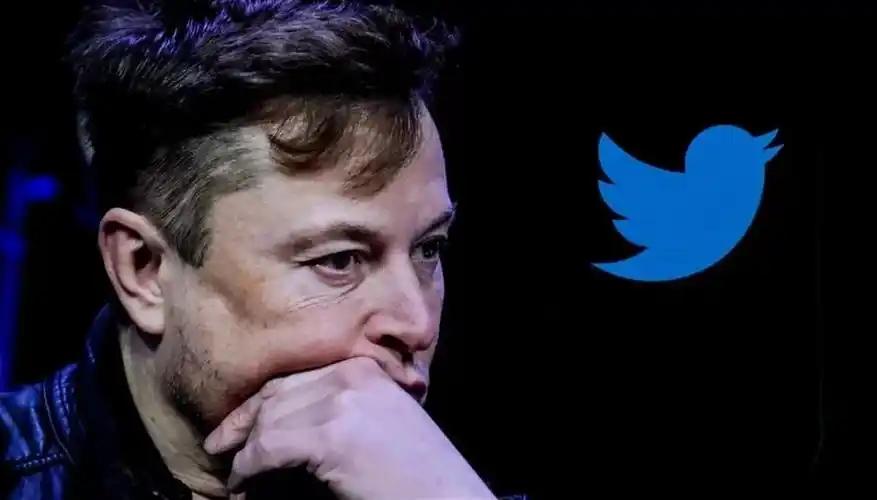
What’s even more extreme is that Musk does not allow any of his employees to use a union as a shield to organize resistance against the company. Tesla employees may have contracts explicitly stating they cannot form a union upon joining. This approach of eliminating collective action from the root allows business owners to maintain absolute control, pushing the so-called “efficiency” to its extreme.
This also reveals that the so-called labor laws in the US do indeed offer poor protection for workers..
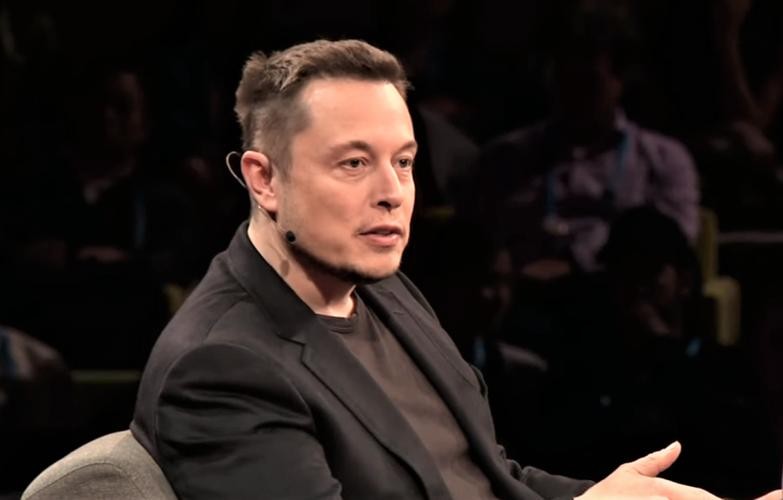
When “Freedom” Collides with Double Standards
Having addressed efficiency, Musk turned his attention to what he perceived as the “freedom” issue. He solemnly declared that he would transform Twitter into an absolute square of free speech, a boundless space for ideological exchange. However, he soon demonstrated the boundaries of this freedom—that is, you cannot criticize him personally.
Accounts of journalists and users who offered sharp criticism were subsequently restricted, while those conspiracy theories and right-wing voices that had once been suppressed or even expelled by the platform surged in like a tide, flourishing unchecked. Twitter, once seen as a left-leaning舆论阵地, quickly rebranded as X and steered its course, becoming the new voice for the right wing.
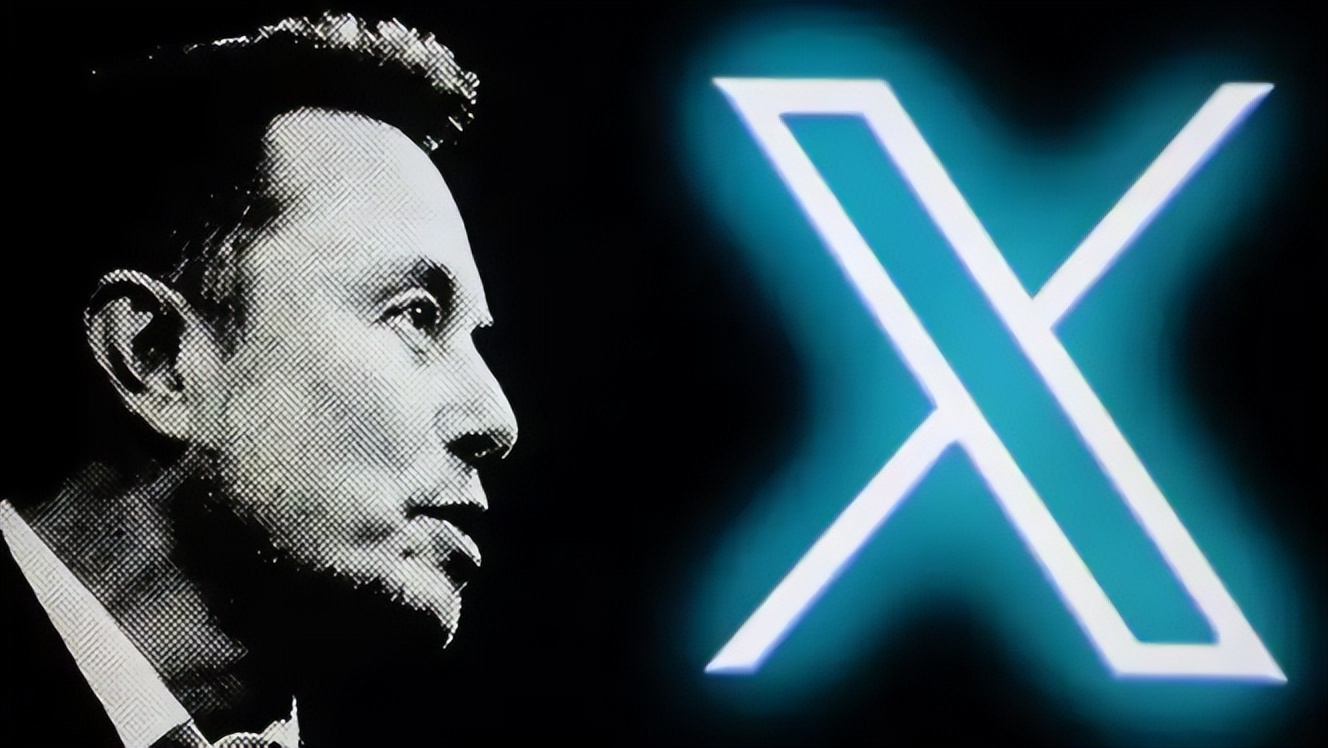
%% Elon Musk himself no longer掩饰s his political leanings. He has not only invested hundreds of millions of dollars in the Republican Party and Trump’s campaign, but has also personally intervene, using his immense influence to shape public opinion on the platform. The “freedom” he advocates has ultimately become a selective freedom, a tool precisely serving his personal will and political goals.
This double standard is also vividly reflected in the issue of immigration. As a successful example of South African immigration, he can loudly call for building a wall on the southern border of the United States, yet on the other side, his company continues to heavily use H1B visas, constantly hiring relatively cheaper foreign technical labor.
His words and actions, like the rapidly changing logo of X platform, starkly expose the essence of the capital logic: Rules, it seems, are always made for others, while the strong can always ignore these rules.
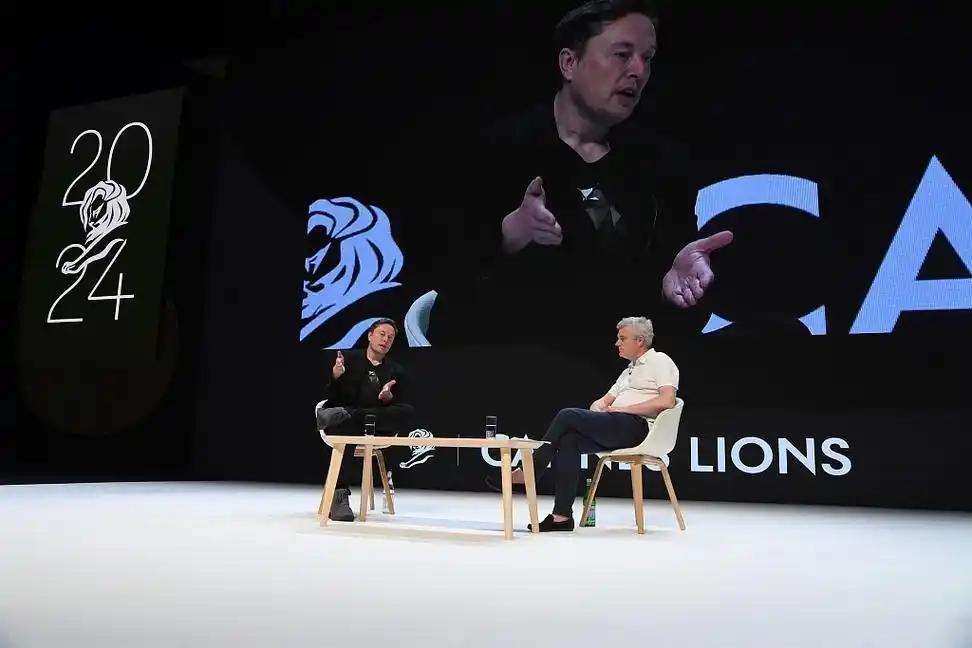
The international public’s reaction to this is extremely sharp and incisive. From Algeria to Germany, from the UK to France, media普遍认为 that Musk has not only “saved” Twitter, but rather like a reckless demolition worker, has directly destroyed it. X platform advertisers are fleeing en masse, revenue has been halved, and valuations have plummeted.
More seriously, it has become a breeding ground for fake news and hate speech, and the EU has even launched an investigation against it, threatening hefty fines. Le Monde, a French newspaper, commented that this is not only a commercial failure but also a corrosion of American democracy, where a wealthy individual can buy and manipulate a significant public discourse space with their own power, which is no different from a modern-day “emperor.”
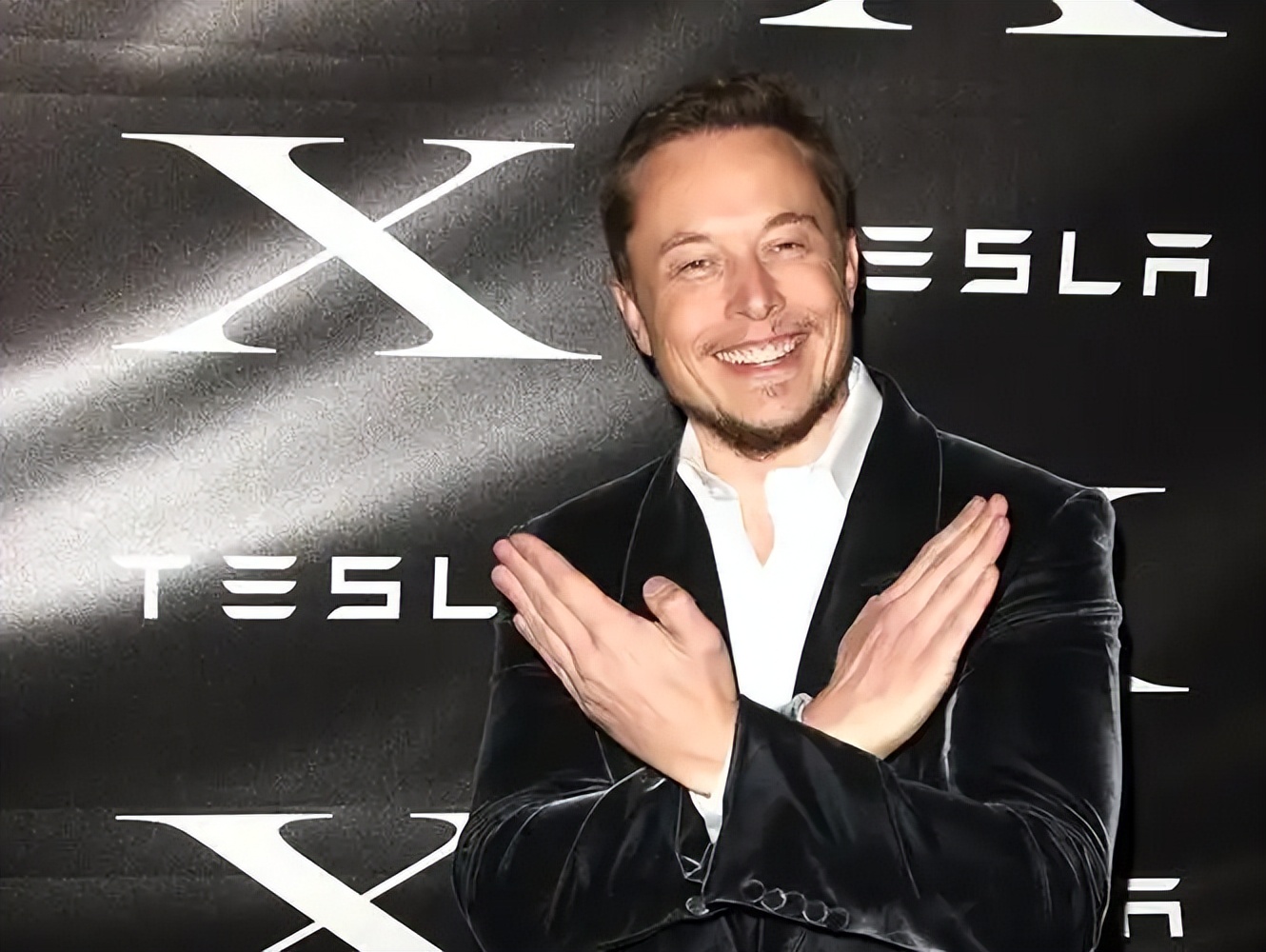
The apparent beauty is merely a dreamlike illusion
Elon Musk’s acquisition of Twitter, which American people initially thought was a good thing, ultimately exposed the deep structural cracks in American society, as well as the very system that countless people once regarded as a “beacon.”
Firstly, there’s the chasm of wealth inequality. The exorbitant severance packages for executives contrast sharply with the meager compensation for ordinary employees, and this is not an isolated case but rather a microcosm of American social reality. Statistical data shows that the top 1% of the population in the U.S. holds nearly 40% of the nation’s wealth, while the bottom 50% of the population collectively owns a mere 2%.

Next is the disappearance of equal opportunity, as higher education should be a ladder to break down class barriers. However, in the U.S., soaring tuition fees force children from ordinary families to bear heavy student loans, even elites like Obama didn’t pay off their student loans until after being elected to the Senate. When access to higher education is deeply tied to family wealth, the so-called “American Dream” becomes out of reach for most people.

Then there’s the so-called democracy in the U.S. Musk’s criticism of government efficiency, regardless of its motives and authenticity, undeniably reveals the public’s widespread distrust of public power. And his deep entanglement with politics further confirms the powerful influence of money on politics. When the wealthy can buy media, fund elections, and even strike利益 exchanges with the government afterward, the credibility of democracy and freedom becomes deeply questionable.
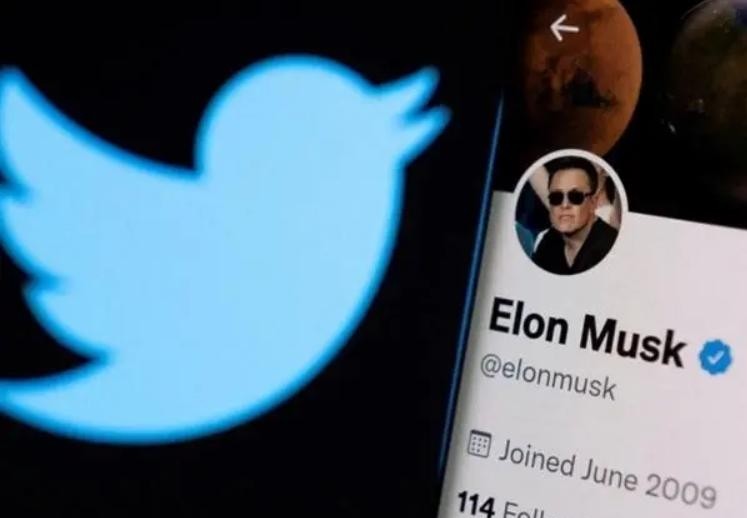
Conclusion
The X platform is still struggling, and Musk remains the world’s richest man, but he has torn away the veil of shame from American society, and it can no longer be concealed. What people see is an America with fragile worker rights protection, severe wealth disparity, declining social mobility, and rampant money politics.
Perhaps, that flawless “American Dream” was nothing more than a carefully packaged story, and Elon Musk was merely the one who accidentally exposed the truth behind it.
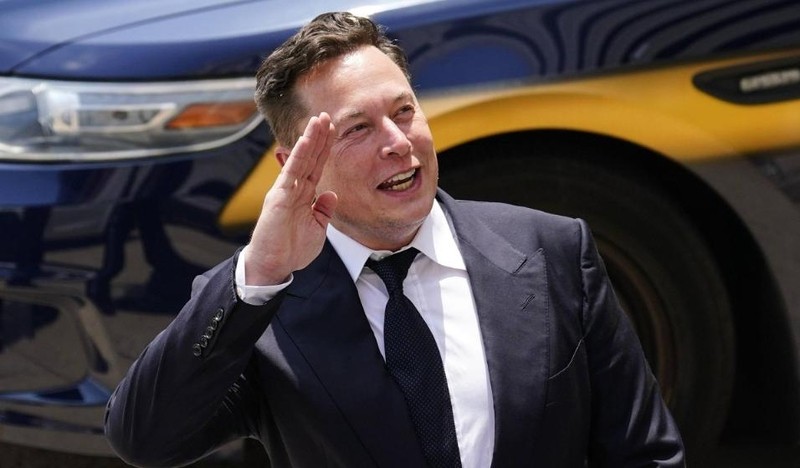
What do you think about this? Welcome to leave comments in the comment section.
If you like this article, don’t forget to like and follow. See you next time!
[Disclaimer] The content and images in this article are from the internet. This article aims to advocate for positive social energy and does not contain vulgar or other不良引导. If it involves copyright infringement or personal infringement issues, please contact us promptly, and we will delete the content in the first instance! If there are doubts about the events, contact us immediately to delete or make changes!